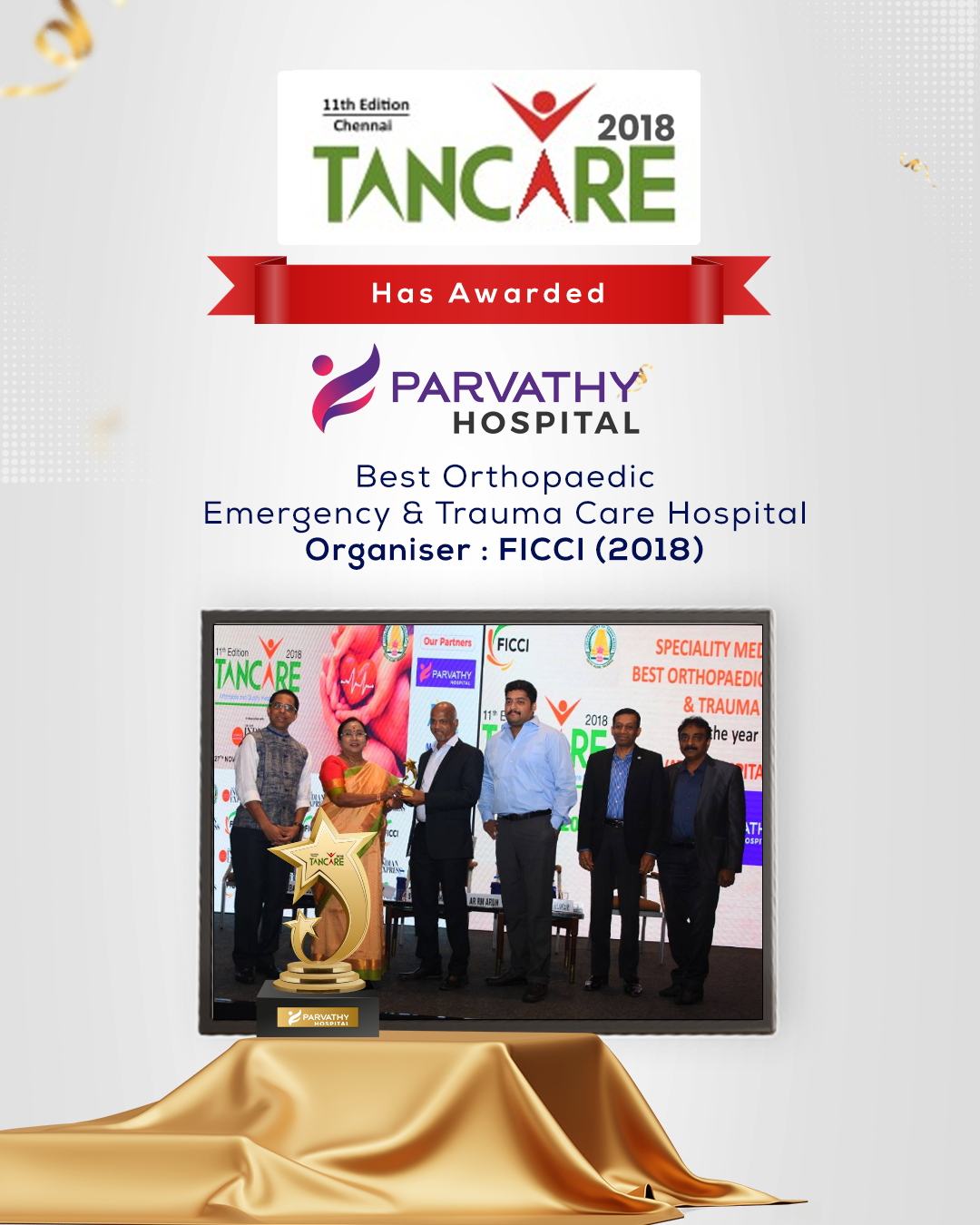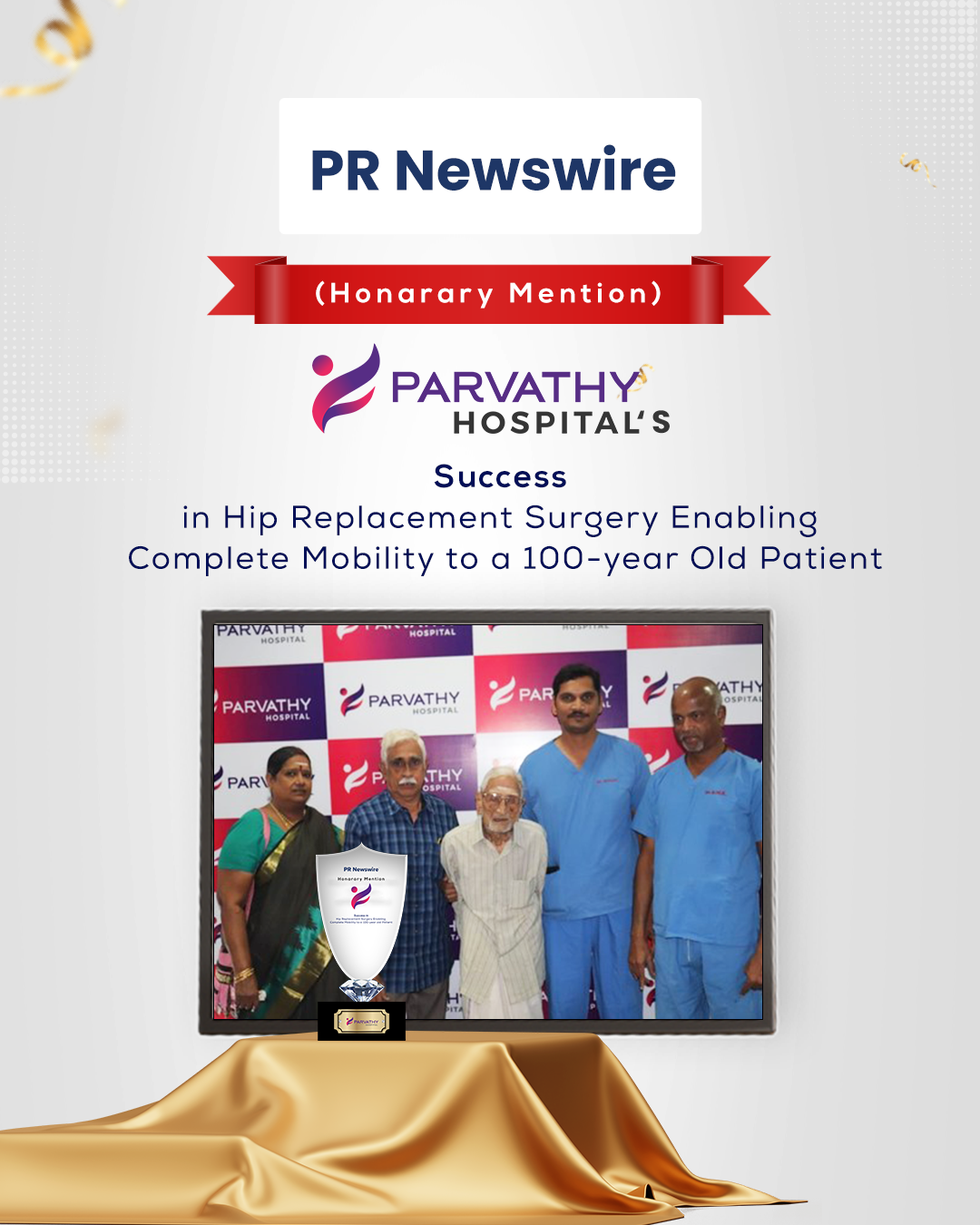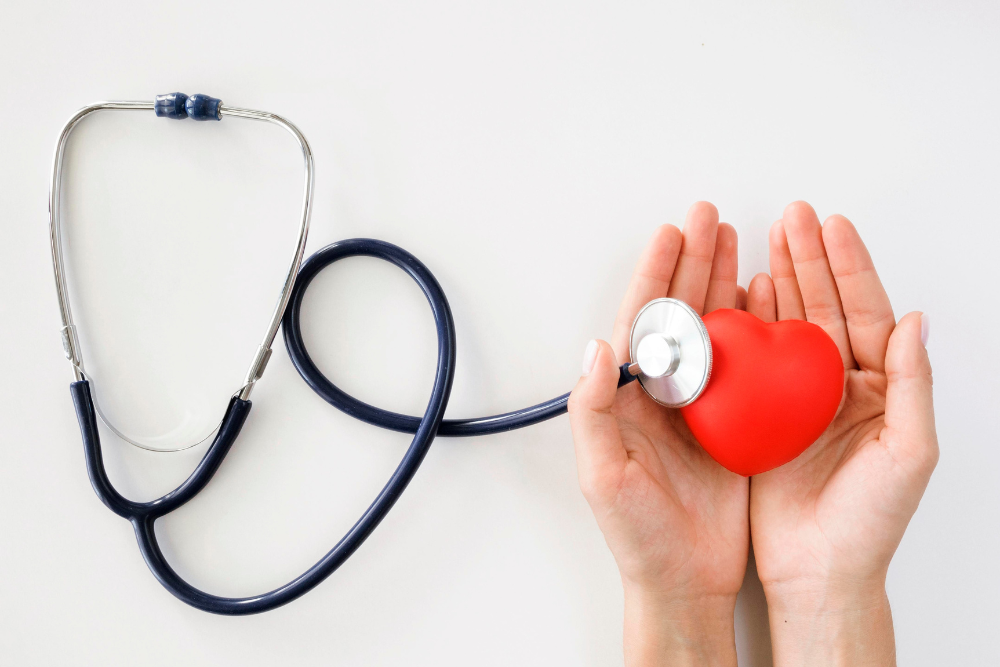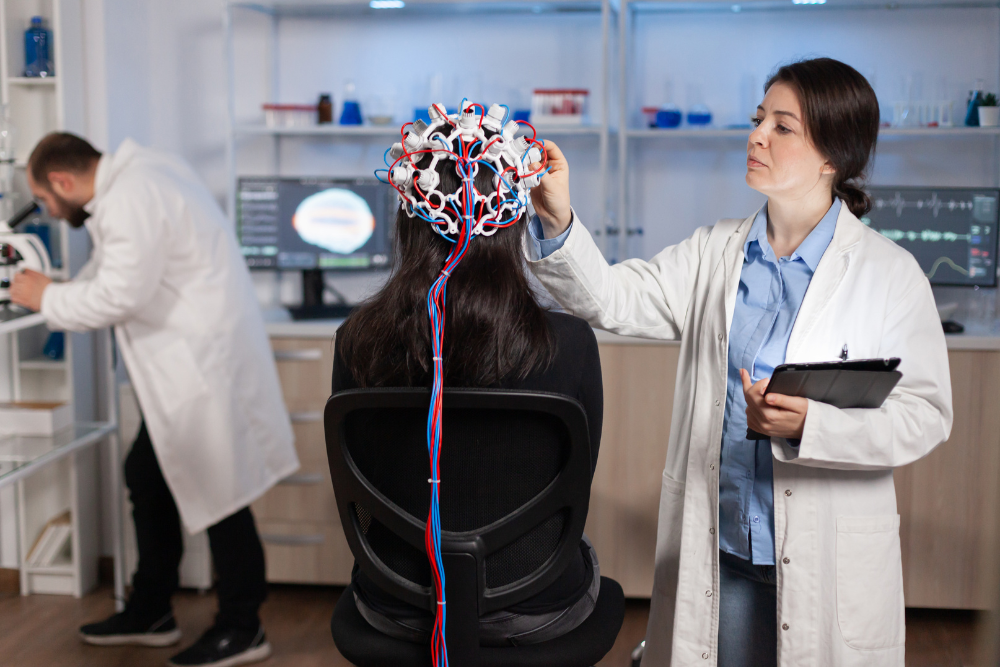150+
Beds
Facility
500+
Trained
Staff
100+
Doctors
35+
Specialities
Why Choose
Parvathy Multispeciality Hospital ?
Founded in 1992 by Dr. Muthukumar, Parvathy Hospital boasts 31 years of unwavering commitment to excellence in healthcare and patient well-being.
From specializing in Orthopedics and preventive health to pioneering life-saving treatments and cutting-edge diagnostic services, Parvathy Multispeciality Hospital has positively impacted over 500,000 lives in India, the Middle East, and African countries, consistently delivering superior patient care outcomes.
Accredited By National Accreditation Board for Hospitals (NABH) - For Top Quality Patient Care
Accredited By National Accreditation Board for Hospitals (NABH) - For Nursing Excellence
Empaneled With Central Government Health Scheme (CGHS) - Reduced Treatment Fee For Central Gov. Employees, Pensioners and Their Dependents.
Empaneled With Ex- Servicemen Contributory Health Scheme (ECHS) - Allopathic Medicare to Ex-servicemen, Pensioners and Their Dependents

We Are Always Ready To Help You
Book An Appointment
Testimonials






















